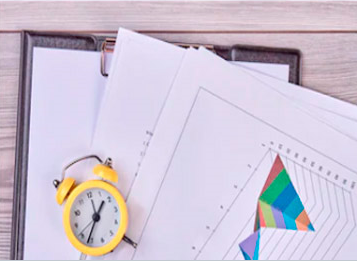IHT planning: gifts from surplus income
If an individual makes gifts out of their surplus income, they can qualify for an unrestricted exemption - making inheritance tax planning very valuable. But how can they demonstrate their intention to HMRC?

Recap
Among the most valuable inheritance tax (IHT) planning stategies is the concept of making gifts from surplus income. Where HMRC accepts that a gift is made from surplus income, it is immediately exempt from iIHT - meaning there is no seven-year clock, and it doesn’t use up any of the nil-rate band. Contrast this with the rather measly £3,000 annual exemption, and it's easy to see why it is potentially very valuable.
Surplus
To be accepted as being made from surplus income, the donor needs to be able to demonstrate that they were able to afford the gift without diminishing their capital or standard of living. However, there is a further condition that must be met.
Regular
Gifts must be an intended part of normal expenditure; normal for the donor, not the average person. What HMRC wants to see is a regular pattern of such gifts and evidence of it. This is relatively straightforward if such gifts have been made year on year, but what if the donor dies after making only a couple of gifts?
Letter of intent
It's prudent for the donor to write a letter signalling the intention for the gift to form part of a regular pattern of giving when they make the first payment. That way, if they were to die after only making a single gift their executors can point to the letter as proof of the intention. This should prevent HMRC from being able to challenge the gift and charge IHT on it.
Our template letter can be used for this purpose. The letter should be completed where required and send it to the intended executors - not to HMRC.
Related Topics
-
Directors’ fees - can you escape PAYE?
You’ve been asked to join the board of a company in a purely advisory role. For tax and NI efficiency you want your fees to be paid to your own company. Does this arrangement fall foul of HMRC’s off-payroll rules?
-
Is it really the end of tax relief for homeworking?
In her 2025 Budget the Chancellor announced the end of tax deductions for “non-reimbursed homeworking expenses”. How might the loss of the deduction affect you and is there an alternative tax relief you can take advantage of?
-
Get ready for Making Tax Digital for Income Tax
If you’re one of the (un)lucky individuals who need to join Making Tax Digital for Income Tax (MTD IT) from 6 April 2026, you probably know that this involves submitting regular, digital records to HMRC. But what do you need to do to prepare?